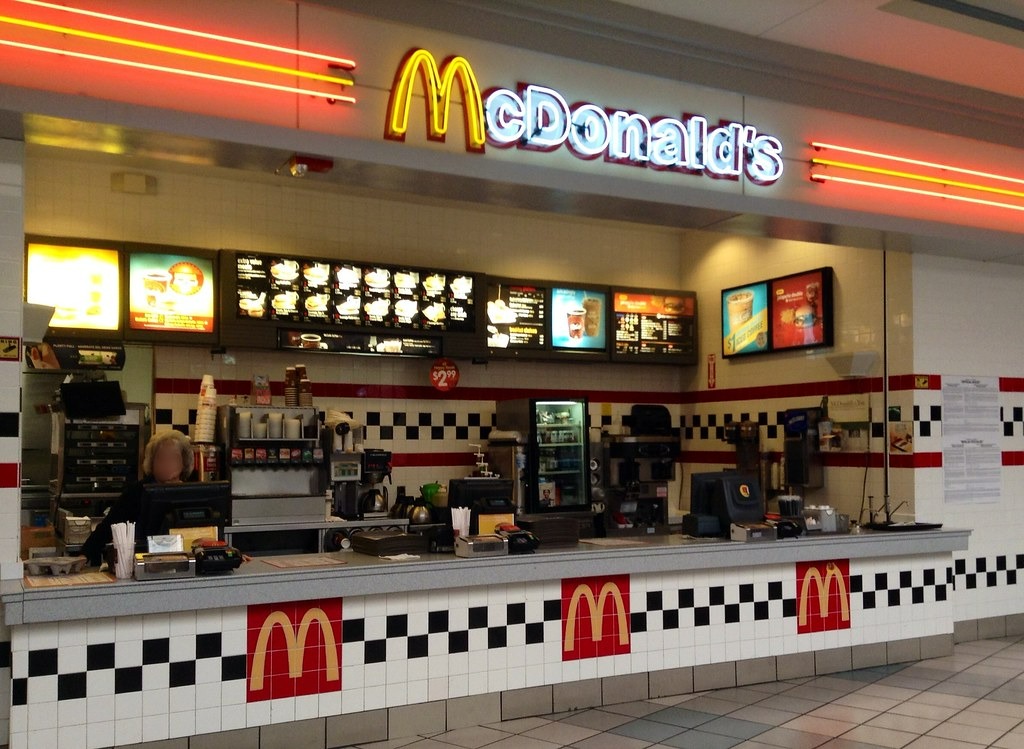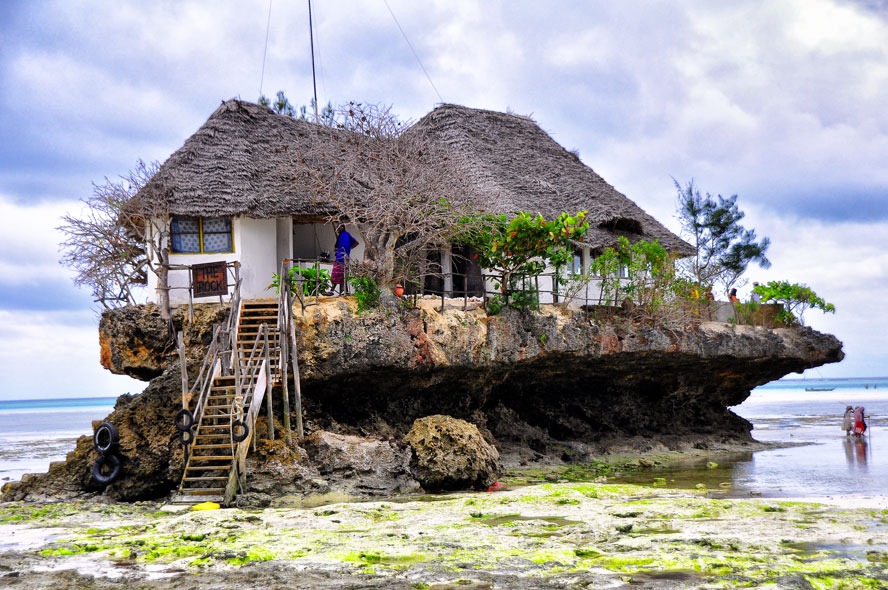A comprehensive meta-analysis from Brown University’s School of Public Health is challenging long-held beliefs about the differing cancer risks associated with red and white wine consumption. The study, analyzing data from nearly 96,000 participants across 42 observational studies, found no significant difference in overall cancer risk between the two types of wine.
Key Findings disrupt conventional wisdom:
- No significant difference in overall cancer risk between red and white wine
- White wine consumption linked to a 22% higher risk of skin cancer
- Wine intake not associated with overall cancer risk when comparing highest vs lowest levels of consumption
Researchers note that the increased skin cancer risk associated with white wine may be linked to lifestyle factors such as infrequent sunscreen use or indoor tanning, though these behaviors don’t fully explain the correlation.
Alcohol’s Impact on cancer risk stems from several factors, regardless of beverage type:
- Metabolism into acetaldehyde, a DNA-damaging chemical
- Creation of reactive oxygen molecules, leading to oxidative stress
- Impaired absorption of essential vitamins
- Increased estrogen levels, linked to breast cancer
Resveratrol Questioned. While red wine contains higher levels of the polyphenol resveratrol, previously studied for its potential anti-cancer properties, the current findings suggest this benefit is not significant enough to offset the general cancer risks associated with alcohol consumption.
The study, published in the journal Nutrients in March 2025, underscores that all alcoholic beverages carry potential health risks. Further research is needed to fully understand the specific mechanisms linking white wine to increased skin cancer risk.


















